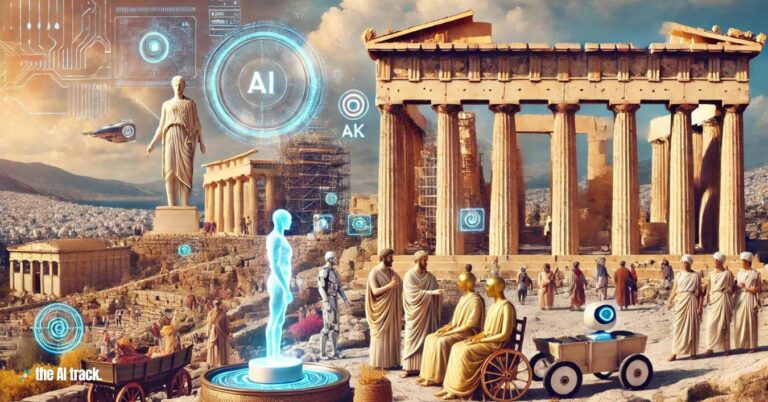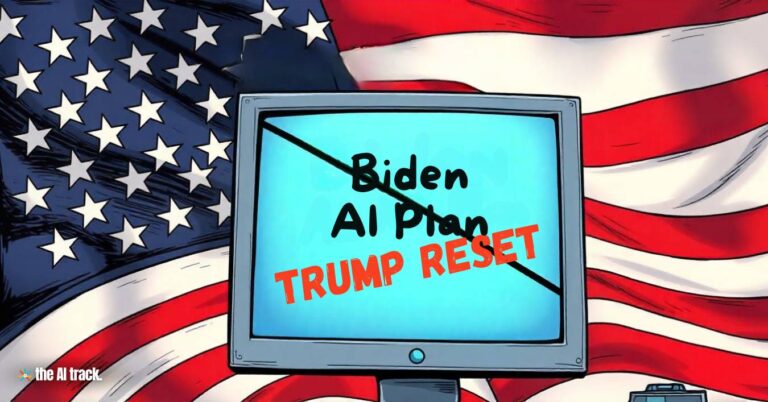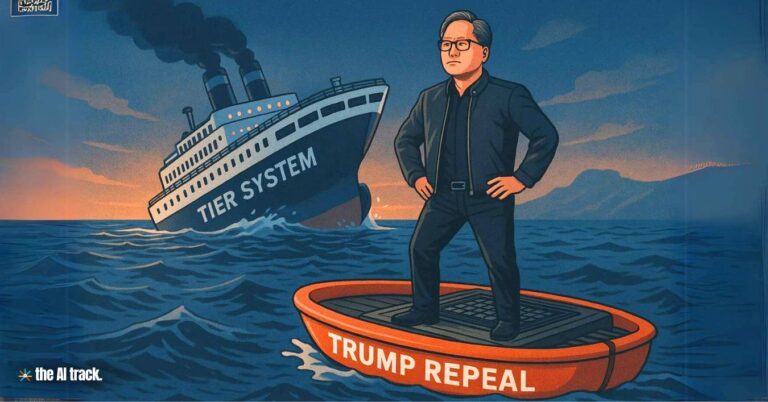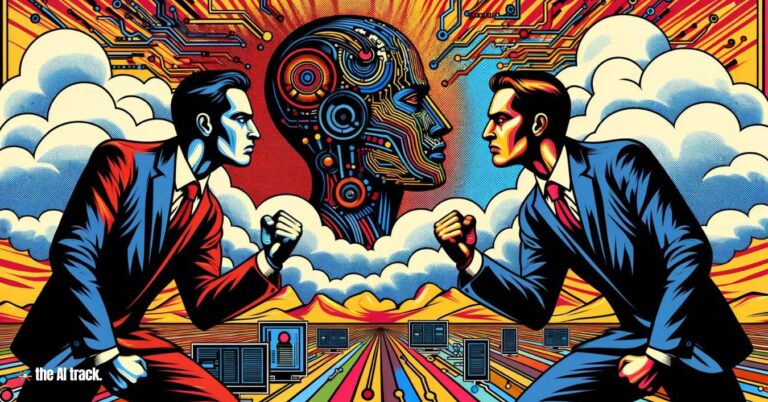An Overview of Experts' Forecasts
Donald Trump’s re-election is set to reshape U.S. tech policy, pivoting toward deregulation in areas like AI, antitrust, and crypto. With the involvement of figures like Elon Musk and policies aimed at free-market growth, this administration could lead to sweeping shifts, both fostering innovation and introducing regulatory gaps.
Global tech competition, data security, and big tech oversight all face notable impacts under this new leadership.
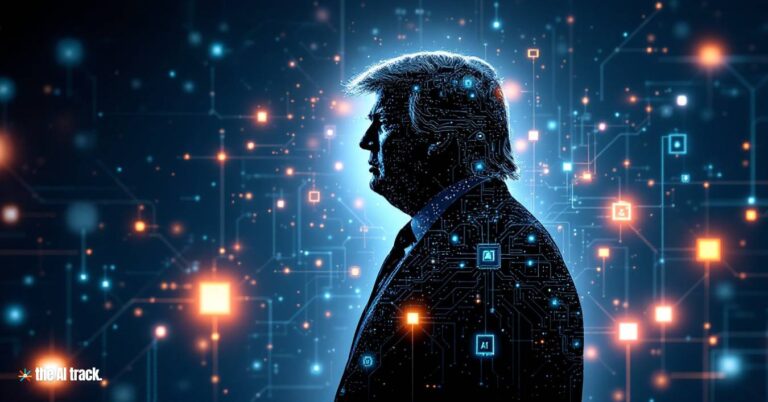
Trump’s Return: A New Chapter for AI – Key Points
Antitrust Regulation and Big Tech Oversight:
Trump’s administration is likely to replace FTC Chair Lina Khan, reducing regulatory pressures on Big Tech. This change, supported by Trump and allies like Vice President-elect J.D. Vance, signals potential relaxations in antitrust enforcement. Trump’s tendency to favor “free speech” on platforms could mean that tech giants like Google and Meta remain under scrutiny for content moderation, but within a deregulatory framework influenced by Musk.
AI Regulation and Industry Impact:
Trump’s agenda includes repealing Biden’s executive order on AI, which emphasizes safety and transparency. Supported by Republicans like Marc Andreessen, Trump’s approach leans toward a “free speech and human flourishing” model, prioritizing innovation over regulation. While Trump’s “Manhattan Project for AI” draft aims to accelerate U.S. AI leadership, experts like Dr. Suresh Venkatasubramanian argue that removing regulatory guidance may create fragmented state laws, complicating compliance and weakening consumer protections.
Elon Musk’s Influence and Deregulatory Role:
Musk, a vocal Trump supporter, could assume a role in Trump’s administration with influence over federal spending cuts aimed at regulatory bodies. Musk’s appointment to a new “Department of Government Efficiency” would position him to reduce regulatory oversight across sectors. Despite Musk’s general opposition to regulation, his advocacy for selective AI safety suggests potential for minimal, targeted safeguards on existential risks, which might include limited federal support for AI safety infrastructure, like the AI Safety Institute.
Geopolitical Shifts in Tech and Semiconductors:
Trump’s critical stance on China is expected to heighten trade tensions, impacting tech and semiconductor supply chains. Proposed universal tariffs, alongside Trump’s preference for penalties over incentives, could disrupt global supply networks and drive production away from China, affecting major players like Apple. Trump has criticized the CHIPS Act for subsidizing wealthy firms and might push for self-funded foreign investments in U.S. manufacturing, a shift that could increase domestic costs but protect U.S. interests in critical tech industries.
Crypto Policy and Financial Strategy:
Trump is positioning himself as a “crypto president,” pledging to boost U.S. bitcoin mining, establish a national bitcoin stockpile, and remove SEC Chair Gary Gensler, whose regulatory actions have pressured crypto firms. This crypto-friendly stance may enhance the U.S. position in blockchain technology, but also carries risks around financial oversight. Trump’s support for clemency for Ross Ulbricht, Silk Road founder, further signals his alignment with decentralized finance advocates.
Social Media, Child Safety, and Section 230 Reform:
Trump’s return brings renewed calls to repeal Section 230, which protects social media platforms from liability over user content. His focus on reducing platform “censorship” could loosen content moderation practices. In parallel, child safety online may receive heightened attention, with potential regulatory shifts from platform liability toward parental control measures, reshaping how digital environments for minors are regulated.
Potential AI “Manhattan Project” and Free Market AI Development:
The America First Policy Institute has suggested a “Manhattan Project” for AI to boost U.S. dominance. If implemented, this project would prioritize AI development in line with free-market principles while dismantling “unnecessary” regulations. The project might emphasize federal AI advancements without enforceable ethical guidelines, raising questions about civil rights and AI bias, especially as traditional federal oversight structures are weakened or eliminated.
Why This Matters:
Trump’s return signals an era of deregulation, where rapid tech innovation could outpace traditional safeguards. This shift, combined with Elon Musk’s influence, introduces both opportunities for fast-paced advancements and potential pitfalls in areas like data security and AI ethics. With new policies focused on free-market dynamics and less regulatory oversight, the tech sector may see accelerated growth but face challenges in navigating fragmented state laws and adapting to reduced federal protections.
Explore AI ethics via Aristotle’s philosophy, focusing on human-centered design, enriched ethical values, and democracy’s role in AI development, as detailed in the “Lyceum Project” white paper.
Sources
- Trump plans to repeal Biden order, limit AI regulation | TechTarget
- What Donald Trump’s Win Will Mean for Big Tech | Wired
Trump 2.0 will have a massive impact on Big Tech, AI, chips and more—in Silicon Valley and beyond | Fortune
Musk’s influence on Trump could lead to tougher AI standards, says scientist | The Guardian
What Trump’s Second Presidency Means For AI, Cybersecurity And Crypto | Forbes
Read a comprehensive monthly roundup of the latest AI news!

